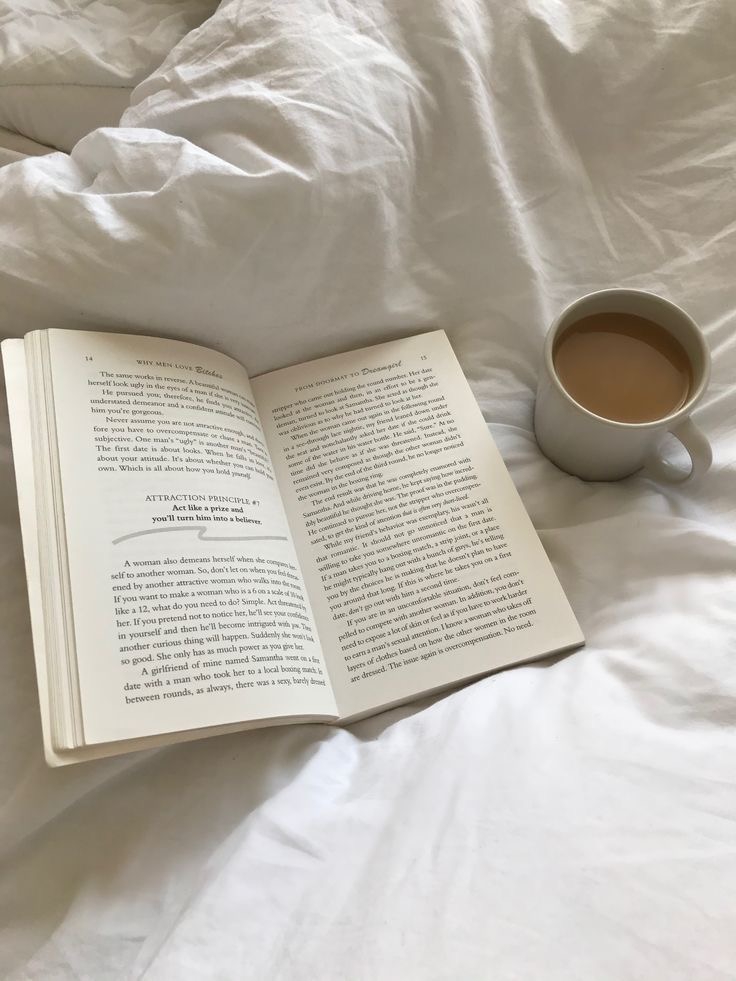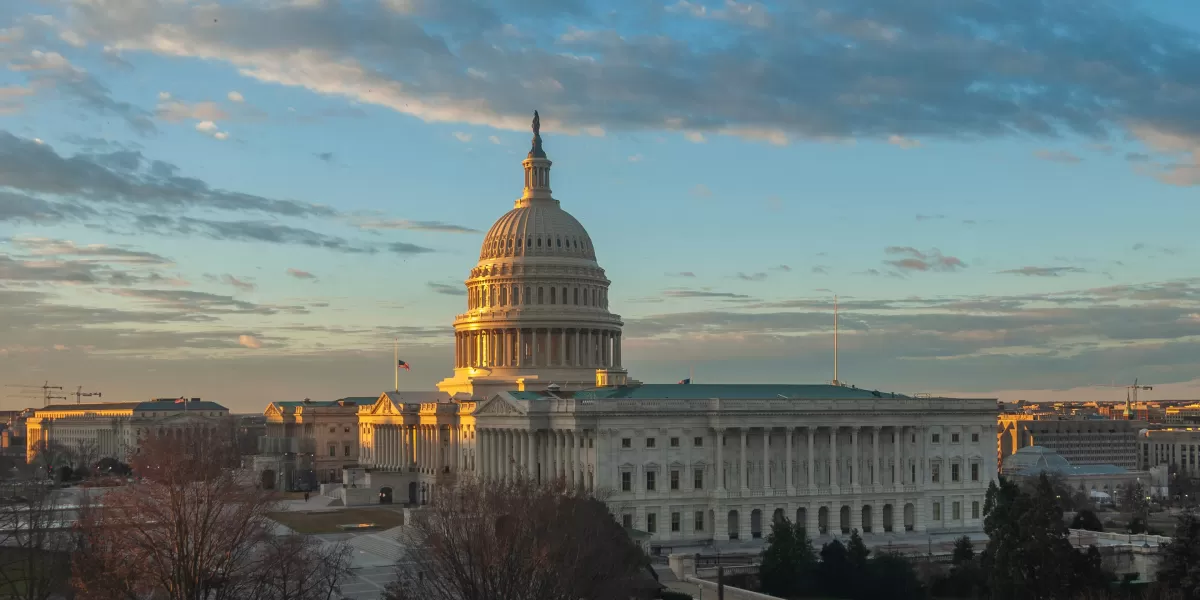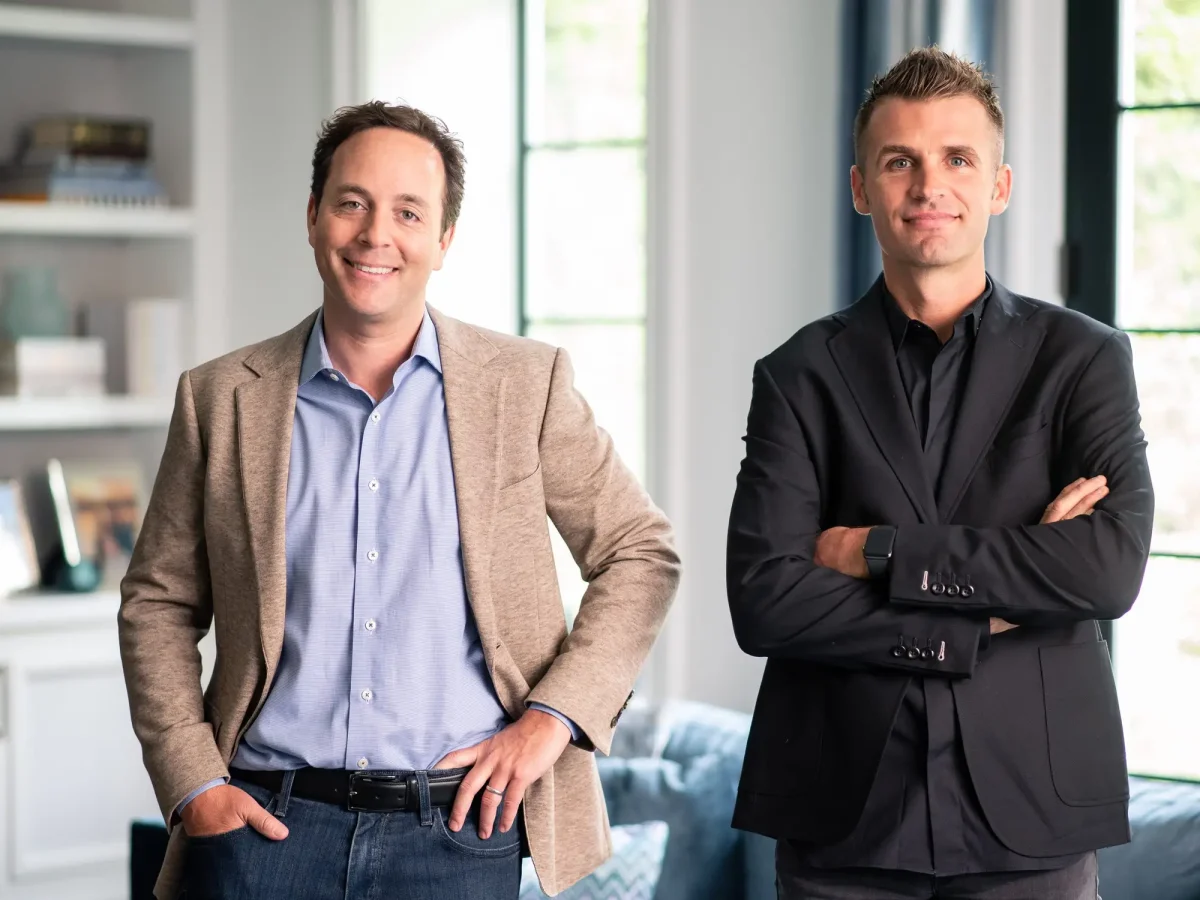In a digital age where a single swipe can transport us to Parisián cafes, golden hour picnics, and lives painted in pastel perfection, the temptation to romanticize existence has never been more seductive.
Platforms like Instagram, Tiktok, and Pinterest are overflowing with reels and images that frame life and as an endless montage of candlelit dinners, rain kissed windows, and “It Girl” morning routines. But behind the carefully curated feed and intake filters lies a dangerous illusion: the idea that life is only worth living if it looks cinematic. The question is, what happens when the aesthetics fade, and reality feels unbearably plain in comparison?
Over-romanticization is more than just escapism—its becoming a collective addiction. According to the American Psychological Association, excessive exposure to idealized images on social media is strongly correlated with increased anxiety, depression, and chronic dissatisfaction with one’s own life. The gap between “Instagram worthy” moments and ordinary existence is widening, leaving millions disillusioned by the natural ebb and flow of daily life.
The numbers don’t lie. A 2023 Pew Research Center survey revealed that 46% of teens reported feeling “pressure to post content that makes them look good to others.” Another 37% admitted they feel inadequate when comparing their lives to those they see online. What was once a harmless habit of posting a sunset now shapes how entire generations measure their self-worth.
So, who’s responsible? The influencers selling a fantasy of endless joy and adventure? The algorithms designed to push glossy perfection into our feeds? or is it society’s hunger for distraction, a collective refusal to accept the messiness and monotony of real life?
The consequences are subtle but severe. Romanticized portrayals of existence—turning simple coffee into an “aesthetic,” or evading a book into a cinematic event—warp expectations. Soon, ordinary days feel like failures, and authentic emotions get filtered out in favor of something prettier, softer, more palatable. Clinical psychologist Dr. Jean Twenge warns that this constant comparison fosters “a dissatisfaction treadmill,” where joy is always deferred until life looks more like someone else’s feed.
But romanticization doesn’t just distort how we see outselves—it also warps how we justify our actions. In recent years, phrases like “I’m just a girl” have become trendy shields for impulsive behavior, used to excuse recklessness or even cruelty towards the people closest to us. Don’t get me wrong—I’ve fallen into that trap too, jokingly participating in a trend that is subconsciously harming us all. But there’s a darker side when this mindset extends to romanticizing betrayal, unfaithfulness, or emotional harm as though it were an “aesthetic” moment ripped from a novel. Pain is not poetic when it’s inflicted on others. And yet, in the era of online trends, too many have begun treating destructive behavior as a performance rather than a problem.
The greater tragedy, however, is what we lose in the process. In chasing cinematic perfection, we risk forgetting that life’s beauty often lies in imperfection: the unedited laughter, the messy rooms, the tears that don’t photograph well. By idolizing staged spontaneity, we overlook the raw, unfiltered humanity that makes living worth it.
But there is a way forward. Just as conversations about body image have begun challenging beauty standards, we must also dismantle the myth that life itself must be curated to have meaning. That means promoting digital literacy, encouraging mindful use of social media, and reminding outselves—and especially younger generations—that an unlabeled cup of coffee is just as valuable as one with latte art under fairy lights.
Imagine a culture where are are not defined by the highlight reels of others, but by our own lived experiences. A world where connection matters more than aesthetics, and where authenticity holds more power than performance. To get there, we must resist the seductive lie that only romanticized life is worth living.
Because life isn’t meant to be cinematic—its meant to be real. And reality, unfiltered and unromanticized, is beautiful in its own right.








